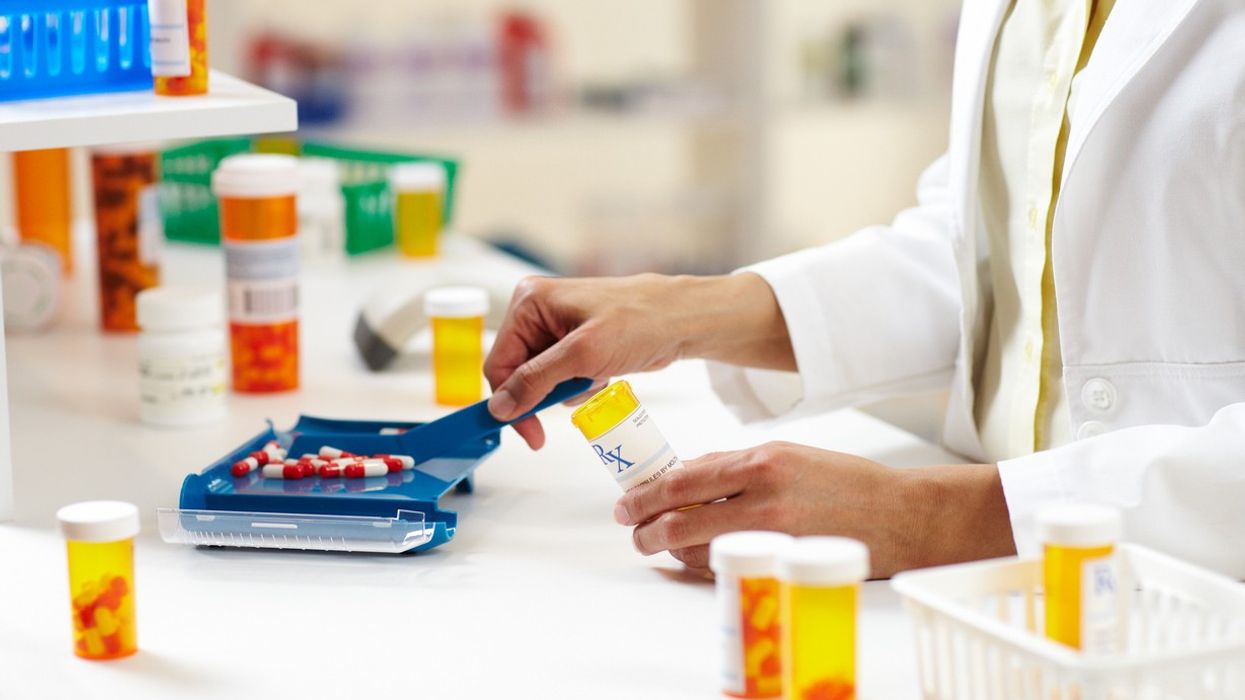While alternative ADHD medications remain accessible according CPE, they "may not meet increased demand"
The Department of Health and Social Care (DHSC) published a notification regarding the shortage of Guanfacine 2mg and 3mg modified-release tablets has raised concerns within the healthcare community.
This critical medicine supply notification, issued on March 28th, projects the unavailability of these tablets until the week commencing May 6, 2024.
Guanfacine tablets, commonly prescribed to alleviate symptoms of hyperactivity and impulsivity while enhancing attention and concentration.
However, the scarcity of these specific strengths poses challenges for patients reliant on this medication.
According to a recent survey conducted by Royal Pharmaceutical Society (RPS) and the Pharmacists Defence Association, "more than a third of pharmacists (35%) said they have seen an increase in patients declining prescriptions in the last 12 months."
The organisation further added, "every day pharmacists are asked by patients who are unable to afford all the items their prescription which ones they could 'do without'."
"Patients shouldn’t have to make choices which involve rationing their medicines. No one should face a financial barrier to getting medicines which a health professional has prescribed as necessary."
In 2021/22, revenue from prescription charges and pre-payment certificates in England totaled £651.9 million. According to an NPA survey, commonly foregone medicines due to the prescription charge include antibiotics, painkillers, asthma inhalers, blood pressure medication, and antidepressants.
Nick Kaye, Chair of the National Pharmacy Association, expressed his discontentment with the revision calling it "a shameful neglect of working people on low fixed incomes".
" As pharmacists, we are health care professionals and have no interest in being tax collectors.”
Several countries across the globe experienced shortages of medications for the treatment of attention deficit hyperactivity disorder (ADHD)including the UK, the US and Australia, last year.
Community Pharmacy England (CPE) has cautioned that while alternative strengths of Guanfacine remain accessible, they may not adequately meet the heightened demand, potentially resulting in treatment interruptions for patients.
Pharmacies are advised to endorse prescriptions for unlicensed products appropriately, ensuring compliance with regulatory guidelines.
In response to the shortage, DHSC and NHSE/I have introduced an online Medicines Supply Tool to furnish real-time updates on medication shortages. This digital platform equips healthcare professionals with crucial information to navigate supply challenges effectively.
Furthermore, pharmacies are urged to report any new shortages not listed on the SPS website using the designated shortage reporting tool, facilitating proactive management of emerging supply issues.
Amidst these challenges, the NHS has unveiled a beacon of hope this week with the launch of an ADHD taskforce which seeks to overhaul ADHD care delivery, aligning with the NHS Long Term Plan's overarching objectives for mental health services.
As the healthcare community navigates these supply challenges and embraces innovative solutions, collaborative efforts are paramount to ensuring uninterrupted access to essential medications and delivering optimal care for patients across the UK.












